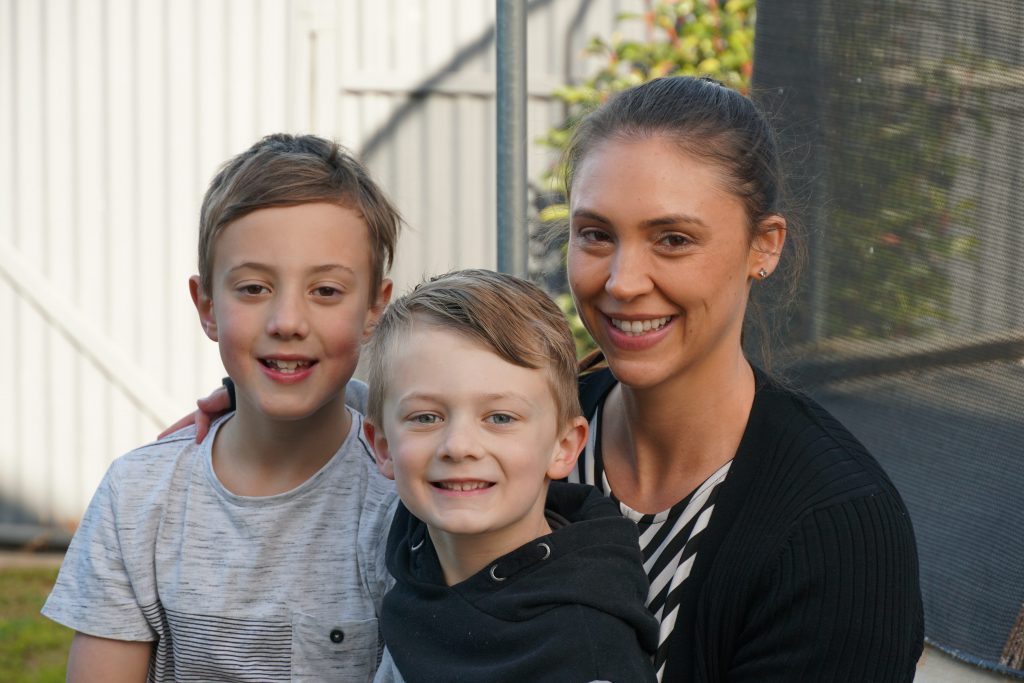I recently finished the first draft of the next Kingsley Kids book (The Kingsley Kids and the Bouncy Goo). Before it goes to my editor for review, my books have to pass the Nephew Check.
If Charlie and Henry don’t like my books, then there’s a good chance other kids won’t like them either. Luckily it got two thumbs up from both of them, but I did get some unexpectedly constructive feedback from Henry (seven) about the word “fun”.
“Excuse me, Kirsty,” he said very early into my reading. “You’ve said fun again, you should use a tier two word there instead.”
He rattled off some examples for me, and my sister (a teacher) explained the concept of the three tiers of words.
Tier one words are apparently basic, more frequently used words with one meaning. Tier two words, while still frequently used, are more complex and may have more than one meaning. They help enrich language and allow for more detailed storytelling. These are the words used to embellish and emphasise, so I was quite proud that Henry wanted me to use a few more in my story.
Tier three words are context specific and relate to particular subjects like science or hobbies. These are added to vocabulary when needed.
While we didn’t have such structured levels of words when I went through school, there were always clear differences between the vocabularies of different children. I think more sophisticated words were naturally added to vocabulary as children grew and conversations continued. Of course the children who were spoken to all the time by different adults tended to have a larger vocabulary sooner than those who watched junior television all day.
I’ve always gone with my gut around when to include more difficult words in my books. In general The Kingsley Kids are written for children who are just starting to read longer books. So in order to grasp the storyline and enjoy the book, they need to be able to read most of the words, but I do throw in longer more complicated words to challenge them.
I want my books to include a few words children might not have heard before, or some words they need to ask a parent to define for them. I use British English (as is standard in Australia) despite mostly targeting an American audience, because I think stretching little minds is always a positive.
When I finished reading to my nephews they confirmed that the book would be up to standard, “Once I change just that one word”. Hopefully my editor is as positive!
Of course, draft two will see a few more changes than a single word, but it won’t be too long before the next instalment hits the shelves, complete with an acceptable mix of tier one and tier two words.


Like!! Really appreciate you sharing this blog post.Really thank you! Keep writing.
Great info. Lucky me I recently found your blog by chance (stumbleupon). I’ve book-marked it for later!|